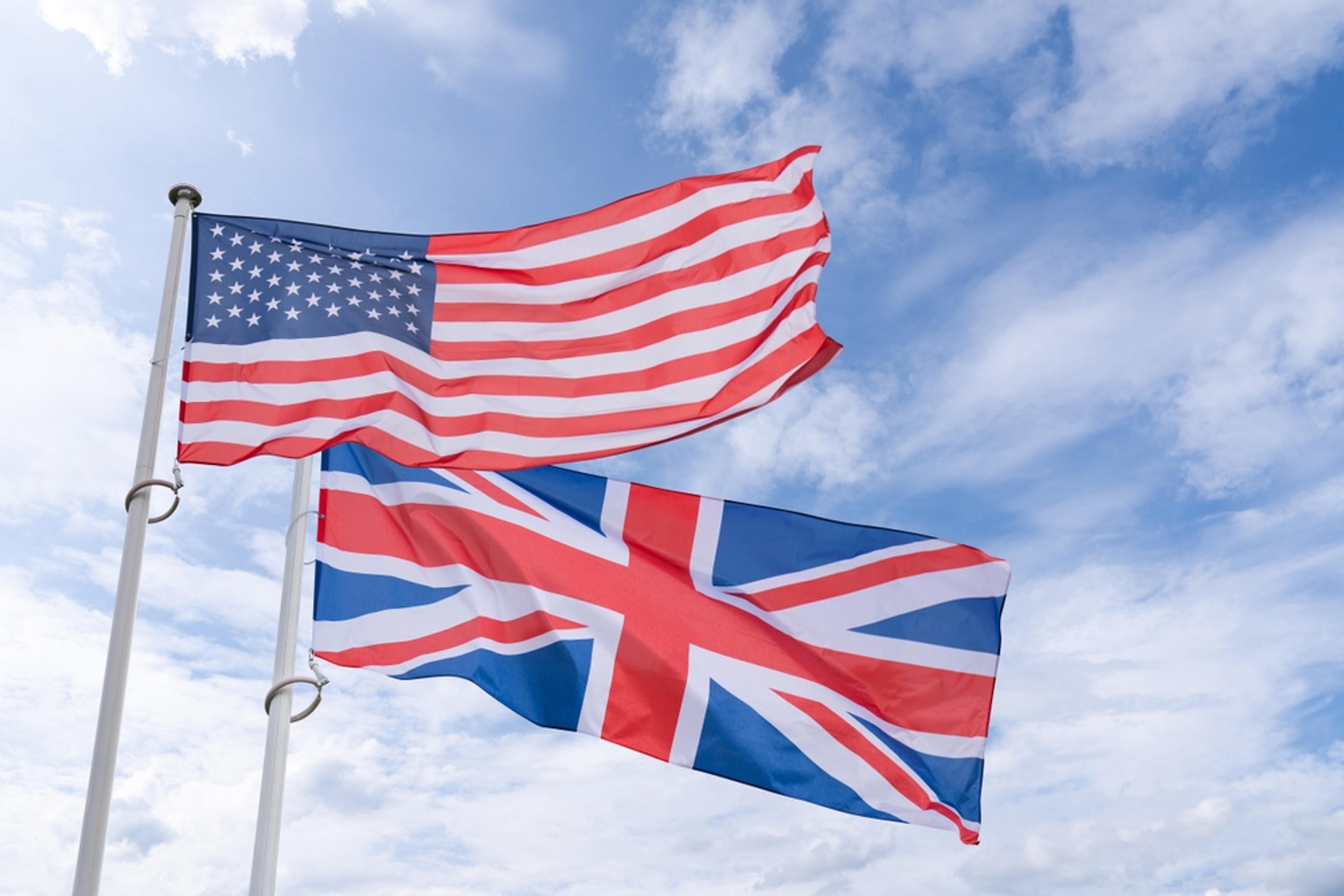
09 May 2025
Trade Deals and Rate Reveals
Welcome to our weekly newsletter, where we summarise market activity over the past seven days.
Market Weekly

09 May 2025
Welcome to our weekly newsletter, where we summarise market activity over the past seven days.
Market Weekly
Market Weekly

This week in Summary
After a tumultuous month in April, short-term tariff induced volatility across global markets seems to have calmed down (for now), as the market awaits further news on trade agreements, and the Trump administration has softened its tone somewhat with respect to global negotiations. The big news this week was that the US and UK delivered a trade deal, buoying wider global equity markets. Outside of trade agreement news, global markets oscillated as investors digested news on interest rates from the US Federal Reserve and the Bank of England, as well as further news from corporates on quarterly results and future guidance.
The US/UK Trade Deal
In terms of the trade deal, Trump and Starmer announced on Thursday that the US will scale back some of the new tariffs on UK exports of autos (from 25% to 10% for the first 100,000 cars), steel and aluminium (from 25% to 0%), aerospace parts (10% to 0%), and potentially preferential treatment for UK pharmaceutical companies.
Yet, this new trade deal is too small to matter much, especially for the US. Rather, it matters in the sense that it is a signalling mechanism. When comprehensive trade deals normally take years, how did this one take weeks? There are several reasons:
This is in line with what many market participants were expecting post ‘Liberation Day’. Whilst it was largely expected, it sets the framework for what is likely to come next – more of the same quick, sector-focused, transactional deal-types. For which countries? Of the major ones, South Korea, Japan, and India are most likely next.
Despite the relatively limited size and impact, wider global equity markets were lifted by the news of the UK/US agreement. This was not down to the trade deal specifics but rather by both the speed of the agreement, which signals that other country deals may also be rapid, and also it demonstrated optimism from President Trump on talks with China and the likelihood that US tariffs could be reduced from 145% to 50-60% in weeks.
The Nuance
Two of the largest central banks had their monetary policy meetings on Wednesday, where they decided on the interest rates for their respective regions. The Bank of England (BoE), cut interest rates for the United Kingdom by 0.25% to 4.25%. In contrast, the Federal Reserve held their interest rate steady at 4.50% for the United States for a third consecutive meeting. Both of these decisions were within market expectations and in line with consensus.
These interest rate decisions are complex and influenced by a web of economic indicators such as inflation trends, job market data, and growth forecasts. One of the key goals of a central bank is to try and set interest rates to balance inflation without stifling economic growth.
How do interest rates affect investors on a day-to-day basis? An interest rate is the cost a debtor incurs when borrowing capital, or the payment a lender receives when they loan money to a debtor (someone who borrows money). i.e. the money you make off lending or the cost you pay for borrowing. It is a percentage proportional to the amount of money lent/borrowed.
Bank of England interest rates serve as a benchmark for how banks set interest rates on loans, credit, and deposits. The chart below illustrates this correlation.
What a central bank interest rate cut means for investors:
What a central bank interest rate hike means for investors:
In summary, central bank interest rate decisions are crucial for shaping economic conditions and have direct implications for investors. These decisions are key as they affect both lending and saving opportunities, and ultimately, the overall investment environment.
The Noise
The Numbers
The Niche – A fun financial fact
A study in 2014 explored stock returns and the FIFA World Cup (“the World Cup”). It found that market performance can be influenced by the host nation of the global football tournament, as shown through post-event market reactions. They also saw association between winning the World Cup and the respective country’s subsequent stock market performance for a short period of time. A study by Goldman Sachs (2014) revealed that winning the World Cup does in fact affect the stock market and their findings concluded an outperformance of 3.5%, however it only lasted for about three months.
Disclaimer
All investment views are presented for information only and are not a personal recommendation to buy or sell. Past performance is not a reliable indicator of future returns, investing involves risk and the value of investments, and the income from them, may fall as well as rise and are not guaranteed. Investors may not get back the original amount invested.
Any views expressed are based on information received from a variety of sources which we believe to be reliable, but are not guaranteed as to accuracy or completeness by atomos. Any expressions of opinion are subject to change without notice.
The value of investments and any income from them can fall and you may get back less than you invested.
The value of investments and any income from them can fall and you may get back less than you invested.